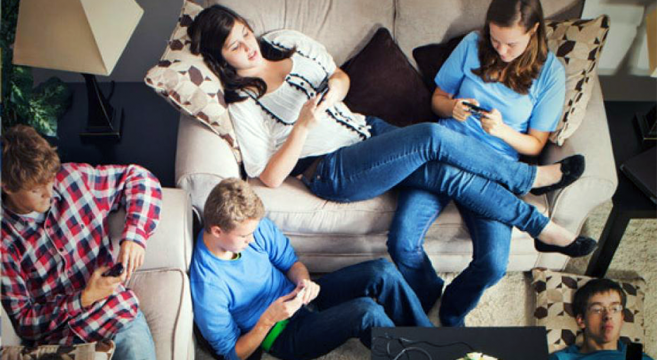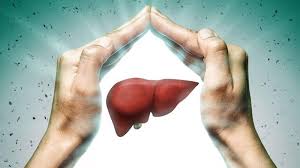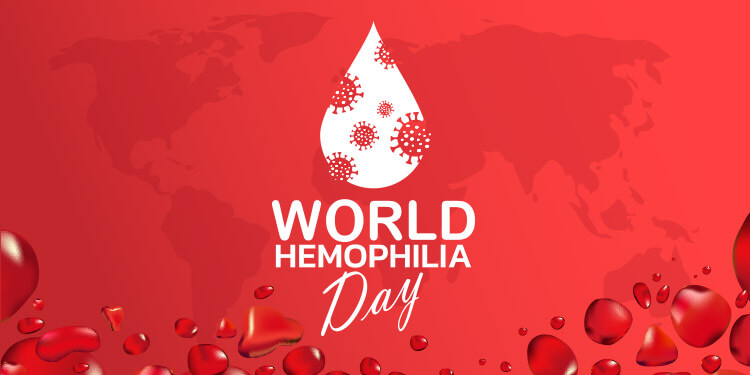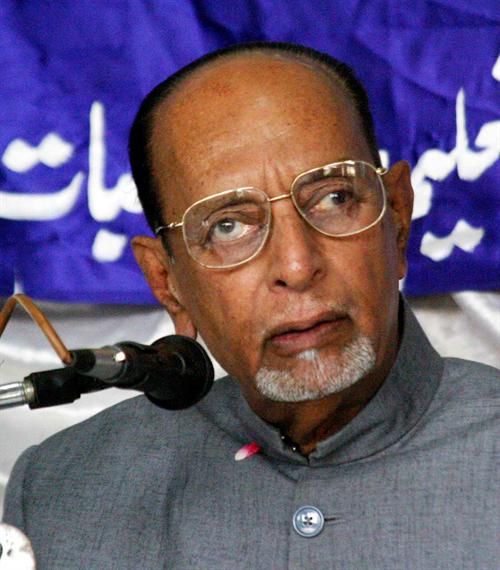The addiction thats "worse' than alcohol or drug abuse
Tue 18 Apr 2017, 15:21:18

If you can’t seem to resist a scroll through your Facebook or Instagram feed during working hours, or if you feel anxious when you can’t check your smartphone or have no signal, you might need a digital intervention.
In the last few years, social media users who find it impossible to stay off their devices when they would like to resist them are seeking treatment via professionals. And they’re responding. Therapists are offering counselling, mindfulness coaches are hosting detox retreats, and corporate-wellness startups are all vying to help you get through the day without constant, compulsive scrolling.
We give people driving lessons… but everyone just gets a smartphone and off they go
The result is a wide array of options that social media users are willing to try to break their habit. Hour-long sessions can cost from $150 per hour, with longer detox camping-style retreats costing more than $500 for several days.
Getting help to be responsible
“We give people driving lessons and swimming lessons, but everyone just gets a smartphone and off they go,” says Pamela Rutledge, director of the Media Psychology Research Center, a research nonprofit, in Newport Beach in California in the US. “There are skills needed to navigate any social space.”
In the last few years, the number of patients seeking help from Nathan Driskell, a therapist in Houston, Texas in the US, for so-called social media addiction rose 20% and now make up almost half of his patients, he says. Interestingly, clients asking for help with computer-game addiction have somewhat declined, he says.
Unrecognised, but treatable
To be sure, social media addiction is not recognised as an official disorder by medical classification texts such as the American Psychiatric Association’s Diagnostic and Statistical Manual of Mental Disorders, which is considered the gold standard in diagnosing mental disorders. Whether or not it should be is controversial. Yet, some therapists including Driskell treat patients with the same methods they would use to treat other addictions.
It’s worse than alcohol or drug abuse because it’s much more engaging and there’s no stigma behind it
In some ways, the psychological impact caused by Facebook, Snapchat and other digital platforms can be more difficult to treat than other recognised addictions, Driskell says. “It’s worse than alcohol or drug abuse because it’s much more engaging and there’s no stigma behind it,” he says. Driskell charges $150 per hour and works with patients on a weekly basis for at least six months.
Fighting fire with fire
New York-based start-up Talkspace offers on-demand online counselling from 1,000 in-network therapists. In 2016 the company started tailoring offerings that address social media usage, launching a 12-week social media program to help those navigating their online addictions as part of more comprehensive therapy, says Linda Sacco, Talkspace’s vice president for behavioral health services. Therapists who participate work with patients to increase mindfulness and track their progress over several months, says Sacco, who declined to give the number of users currently in the program.
Those coming forward
actually recognise that this is taking over their life
actually recognise that this is taking over their life
The company offers text-message-based therapy starting at $138 per month, with $396 for live-talk therapy. And, while clients use their smartphone to hold therapy sessions, they are being taught how to use the phone in a more mindful way, she adds. Most people turn to therapy after many failed attempts to control their impulses on their own, Sacco says.
“By the time they are thinking they need treatment they have tried [limiting screen time]—were unsuccessful—and [are] feeling even worse,” says Sacco. “Those coming forward actually recognise that this is taking over their life.”
A duty to help
Others say poor social media habits can be treated as a workplace problem. In London, Orianna Fielding founded the Digital Detox Company in 2014, after researching a book about unplugging. Fielding now works with companies to help employees navigate their social media use rather than leaving them to manage on their own. Programs start with an in-person workshop and then employees go through custom online modules that cater to their own digital triggers, which include interruptions from social media.
“We’re reframing our relationship to technology,” says Fielding who charges £600 ($748) per day on average. A firm’s executives can sign up for additional workshops that focus on increasing productivity, she adds.
Getting it right
Experts warn of over-relying on mindfulness or digital detox retreats without additional follow-up. Weekend or week-long detoxes, which often involve spending time in a natural setting to help users disengage from devices, can be a good first step, says Driskell.
It’s good to detox... but then you go back into the same life as before
But like other addictions, clients typically visit for at least six months to a year in order to fully understand how to manage their own behavior when not in a detox program, he says. “It’s good to detox to get your mind away, but then you go back into the same life as before,” which can hinder progress, Driskell says.
When self-therapy works
Some firms are looking to attract social media users who aren’t quite ready for an onslaught of one-on-one therapy but who still want to try logging off.
In Berlin, Offtime, a company that describes itself as the first “post-tech start-up” devoted to “focus and digital rebalance,” works with users to control their social media use via apps while also offering various face-to-face detox workshops.
People tend to go right to calling it an addiction, rather than thinking about it as a lack of balance
The result is a crutch of sorts, to help those who are seeing a rise in their own media use but want to tackle it on their own, says psychologist Alexander Steinhart, who co-founded the company in 2014.
Rather than waiting until someone has a problem, it’s important for users to seek out a healthy routine after learning best practices. Rutledge says that good technology habits need to be put into place as soon as new technology emerges.
“People tend to go right to calling it an addiction,” she says. “Rather than thinking about it as a lack of balance.”
No Comments For This Post, Be first to write a Comment.
Most viewed from Health
AIMIM News
Owaisi Begins Election Campaign in Hyderabad
Apr 13, 2024
Bring back Indian workers in Israel: Owaisi
Apr 13, 2024
Latest Urdu News
Most Viewed
May 26, 2020
Do you think Ruturaj Gaikwad would be a good captain for Chennai Super Kings?
Latest Videos View All
Like Us
Home
About Us
Advertise With Us
All Polls
Epaper Archives
Privacy Policy
Contact Us
Download Etemaad App
© 2024 Etemaad Daily News, All Rights Reserved.





























